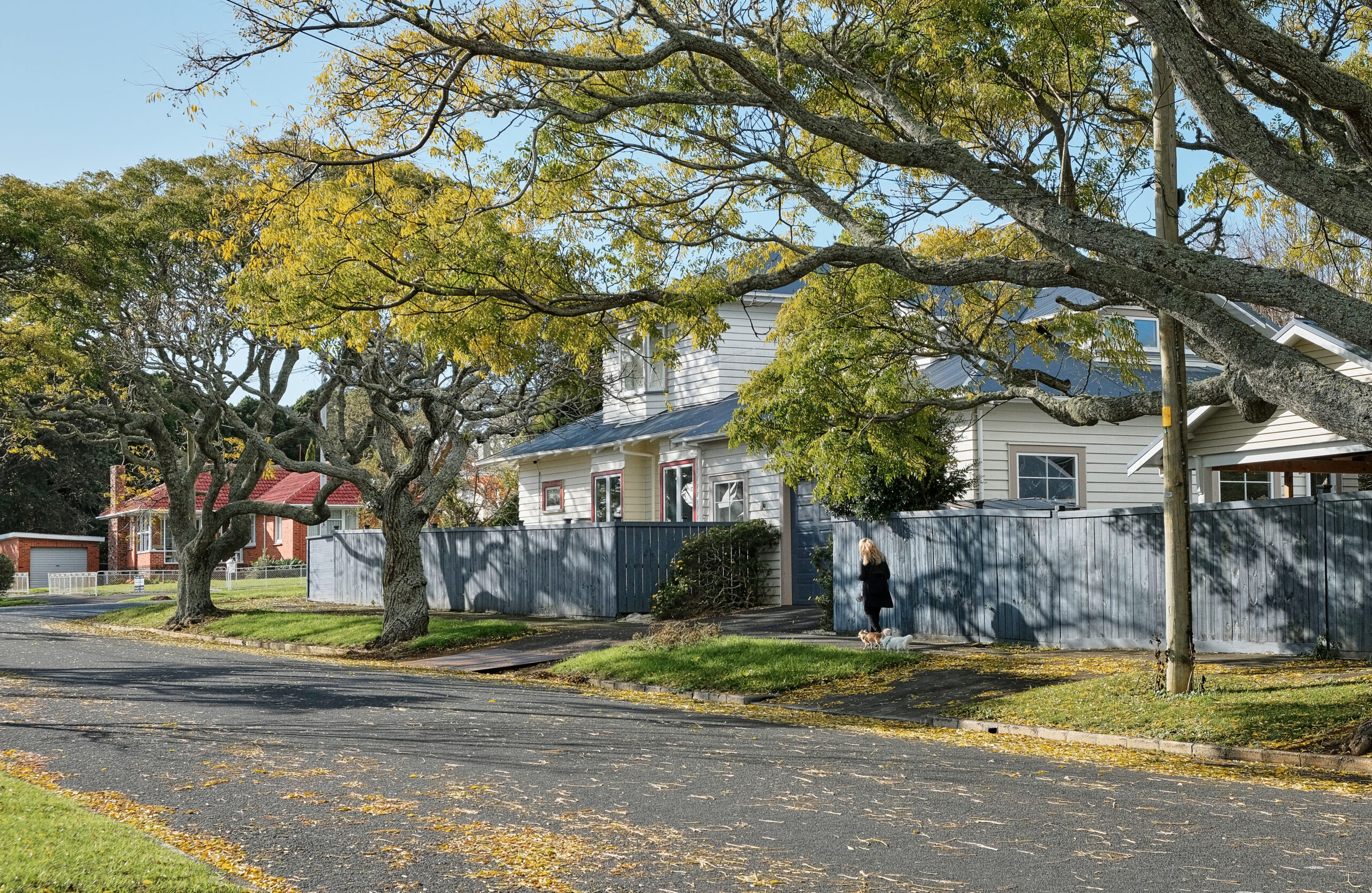Are you considering buying a house with your best mates? While this might seem like an easy way to get on the property ladder, the decision comes with financial and legal implications, so weigh up your options thoroughly before diving in.
Couples can seem to have all the advantages when it comes to home buying… they can usually rely on two incomes, have access to two KiwiSaver accounts and are eligible for two HomeStart grants. Just because you’re not in a relationship that doesn’t mean you have to go into buying a property entirely on your own — you can buy a house with a friend (or more than one) as co-owners. Here are a few key things you’ll need to consider when buying a house with others.
Joint tenancy or tenancy in common? Know the terminology!
You may be surprised to learn that there’s more than one way to own a property with other people.
- Joint tenancy is more commonly adopted by couples. It automatically gives both parties an equal stake in the property. That means if one person dies, their share of the property goes to the other person.
- Tenancy in common gives each owner a distinct share in the property, which can be divided however they request. If one person dies their share of the property goes to their estate. This would be the more popular option if you’re going in on a property with friends.
Benefits of owning a house with friends
There’s much to love about owning a house with your besties. First, it can help you get on the much- coveted property ladder. Even better, it could also be heaps of fun! Other benefits include:
- shared costs when buying the property, including purchase price and legal expenses, as well as the cost of due diligence reports
- shared ongoing costs such as loan repayments, maintenance and renovation costs, property management fees
- ability to sell your share or leave your share to whomever you choose.
Risks to consider
Like anything in life, it’s not necessarily always going to be plain sailing. You need to be aware of the risks before going into debt with your friends. For instance:
- You will only own half of the house but you will be liable for the whole mortgage. That means if one person can’t keep up with their mortgage repayments then the other owners must cover the shortfall.
- As long as you have a mortgage together, your credit record will be linked with your co-owners – so any financial irresponsibility by one party affects the others.
- Co-ownership can also impact your ability to buy further properties – a bank will consider only your portion of the house as your asset, but the whole of the mortgage as a liability – since if things go bad you are liable for the entire amount.
- Ask yourselves ‘is our friendship strong enough to survive potentially tricky conversations around money and legal issues’? Don’t forget that home ownership can be stressful at times!
Mortgage considerations
One challenge you may face is convincing the bank it’s a good idea. Some lenders may be very risk averse to the idea of a group of friends buying a house. Check that you’re able to secure the loan you want before making an offer.
The loan will usually be issued as one mortgage against the property but split into parts. This means you can structure your part of the loan in the way you would like – for instance, fixed or floating. This means one owner may pay their part of the mortgage back faster than the others. Even if that happens, they are still jointly liable for the mortgage for as long as the others owe money.
Government assistance
Be aware that the HomeStart Grant will only pay out a maximum of $10,000 per house if you meet the criteria, so if there’s more than two people in the mix you won’t be able to access $5000 each. However, you may be able to withdraw all of your KiwiSaver savings except $1000 to put towards the purchase of your first home.
Legal considerations
Hiring a lawyer to draw up a co-ownership agreement is essential if you’re buying a house as a group. The agreement needs to cover on-selling shares in the property, proportion of ownership and liability for all those costs. It is also worth having a written agreement that sorts out what will happen if one person wants to sell, if one person doesn’t want to live in the house but the rest do, how much insurance each person will need to have, and any number of other contingencies.
Important conversations to have before buying a house with friends
There’s a lot you need to discuss before deciding to leap in boots and all. Be sure to set expectations from the get-go. Discuss every possible scenario, positive or negative. That includes what you’d do if someone defaults on the loan if they want to sell before you do or if an expensive problem pops up. Work it all out, in great detail, before it actually happens. Then cover yourself legally as much as you can.
A few questions to ask your ‘house purchase buddies’ might include:
- Where do you want to buy?
- What kind of house would you like to buy?
- Are you expecting to live in it as flatmates or to rent the house out?
- How long do you want to own the house for?
- What happens if one person wants to sell before the others?
- What if one of you loses your job or can’t work for a time?
- What will you do if you want to sell and prices have fallen?
If you plan to live together in the home, make sure you have the same idea about how you want to live. Before entering into a mutual property ownership arrangement, discuss things like smoking habits, pet ownership, social life (for instance how would a boyfriend/girlfriend fit into this arrangement? are you a party animal or a social recluse?) etc.
While there’s a lot to consider before committing to buying a property with friends, you can make it work if you communicate your expectations clearly and protect yourselves by ensuring a robust legal agreement is in place. Done right, you would be helping each other out… and after all, what are friends for?


